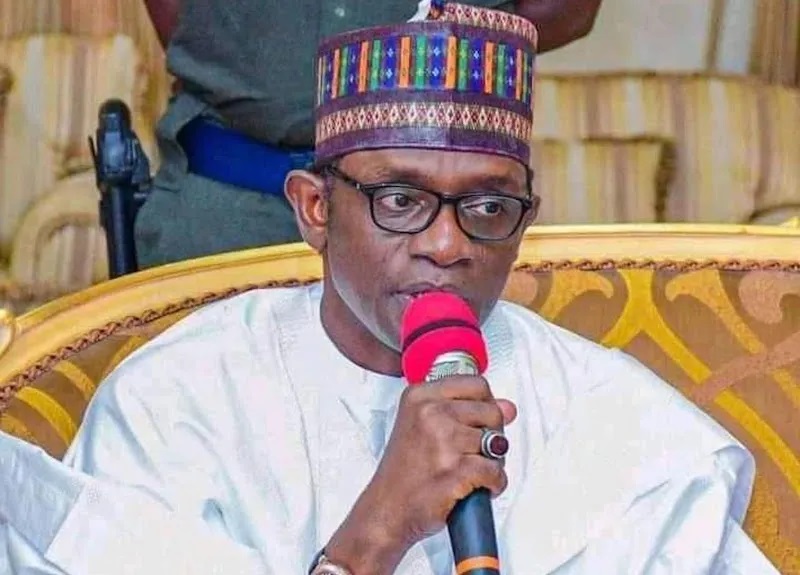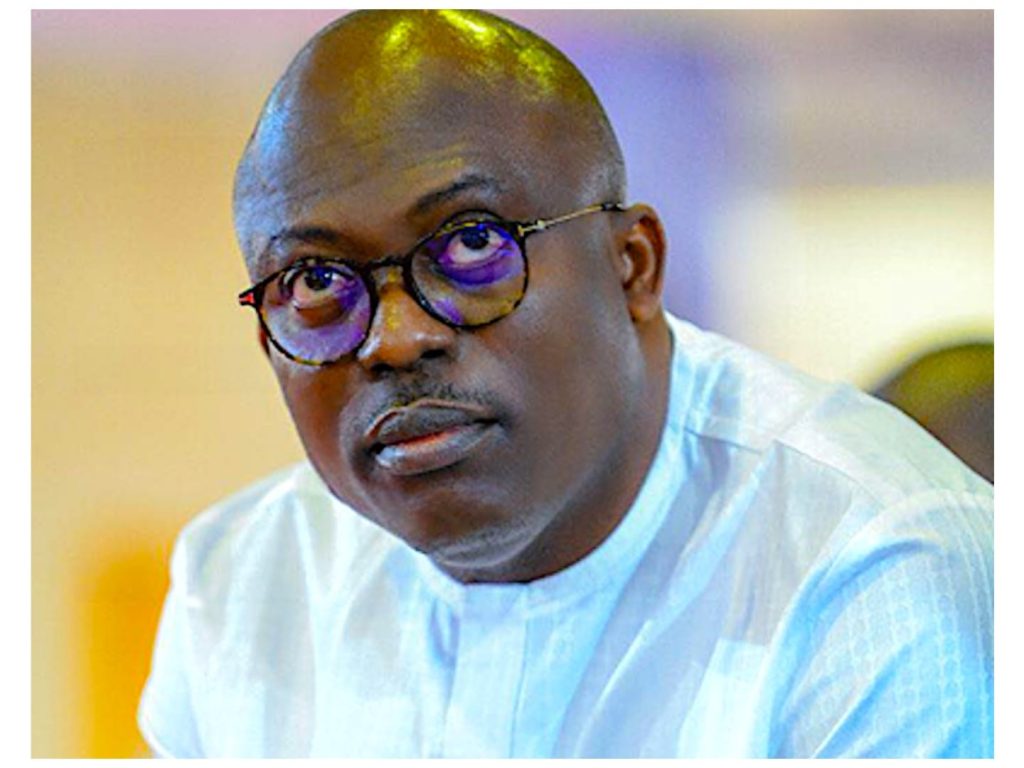The International Federation of Women Lawyers (FIDA) has reiterated its call for the formation of an Electoral Offences Commission to streamline the prosecution of electoral offenders, emphasizing the need for a robust mechanism to address electoral malpractices.
Following the off-cycle governorship election in Bayelsa State, the imperative for the commission has been underscored, with the belief that it would effectively deter potential offenders.
Amina Agbaje, the National President of FIDA, articulated the organization’s position in the final assessment of the Bayelsa gubernatorial election. She stressed the necessity for the establishment of the Electoral Offences Commission, stating, “In view of our pre-election, preliminary and post-election observations/findings during the election, FIDA Nigeria recommends the following to deepen the democratic process in Nigeria ahead of subsequent off-cycle Governorship elections in Edo and Ondo State in 2024 and the general elections in 2027:
“Establishment of the Electoral Offences Commission to facilitate in the prosecution of electoral offenders observed to have committed any form of electoral offence in contravention of the Electoral Act 2022 (as amended) which will serve as a deterrent to other intending offenders”, the Country Vice President/National President, Amina Agbaje said.
The FIDA Nigeria also urged the Independent National Electoral Commission (INEC) to engage in high-level dialogues with key stakeholders, including traditional and religious leaders, to encourage greater participation of female electorates and citizens in general, in future elections in Bayelsa State. This recommendation stemmed from the below average voter turnout in the recently concluded governorship election. FIDA Nigeria noted that out of 1,056,862 million registered voters in the state, only 291,212 persons exercised their franchise, representing approximately 27.55% of the registered voters. This was the lowest turnout since 2011, indicating a decline in voter participation.
Of particular concern was the underrepresentation of female voters, who accounted for about 46% of the registered voters but did not significantly partake in the election. FIDA Nigeria attributed this trend to threats and physical violence, which hindered women’s involvement in the electoral process. Hence, there is a pressing need for an enhanced voter awareness campaign by all stakeholders to bolster the voting population in subsequent elections, Amina Agbaje emphasized.
FIDA Nigeria lauded the overall conduct of the election, acknowledging that it aligned with its preliminary findings, which highlighted the general peacefulness of the election and the provision of adequate security and logistical support by the security agencies and INEC. However, the organization observed that the election was marred by the belated arrival of electoral officials and materials. Only 28.6% of polling units had received both sensitive and non-sensitive materials by 8.30 am on election day. Furthermore, incidents of vote buying were reported in 52.9% of the polling units, with leading political parties allegedly involved in offering sums ranging from N5,000 to N30,000 to voters.



